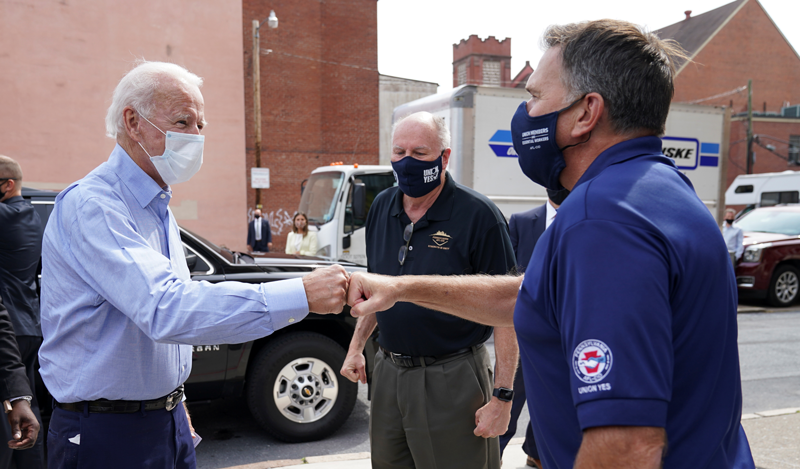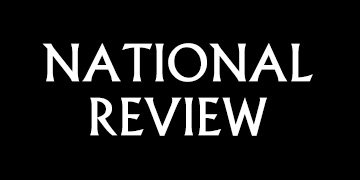It is easy to discount QAnon—but the reality is it is quickly emerging from the shadows into a full-blown political movement that periodically receives the passive, and at times, active support of the president of the United States. Continue Reading →
Commentary October 25, 2020
Biden’s ‘Seize the Center’ Campaign Strategy May Just Deliver Him the White House

If Biden is able to capitalize on the current set of circumstances presented by an unpopular incumbent, he may show the efficacy of persuasion-based tactics simply by demonstrating that there are more persuadable voters than many of us think. Continue Reading →
The September 2020 American Perspectives Survey tests existing conspiracy theories about politics and misconceptions about public health, ideas, and whether demographic or partisan backgrounds are associated with greater propensity to accept or reject certain theories. Continue Reading →
Despite clear partisan gaps in views about the coronavirus outbreak, where Americans live is shaping how they respond to it. Continue Reading →
Survey report April 2, 2020
Fear, Frustration, and Faith: Americans Respond to the Coronavirus Outbreak

The March 2020 American Perspectives Survey finds that young people are most likely to have hoarded supplies and reveals a large partisan divide in opinions on how the federal government and Donald Trump handled coronavirus. Continue Reading →
When it comes to the coronavirus pandemic, younger and older Americans are not responding so differently. Continue Reading →
If Democrats plan to coast by on public antipathy alone, they could be in for a rude awakening. Continue Reading →
Younger Christians are much more comfortable than older Christians with the idea of dating someone who does not share their views about God. Continue Reading →
It’s not surprising that Trump has intruded into our dating lives. Through social media, news coverage, and a barrage of controversial comments, Trump is a feature of American public life. Continue Reading →
Survey report February 6, 2020
Partisan Attachment: How Politics is Changing Dating and Relationships in the Trump Era

The January 2020 American Perspectives Survey explores dating and relationships. Abortion and Donald Trump are key dating dealbreakers for many Americans. Continue Reading →












